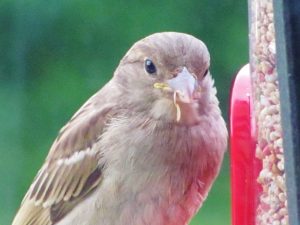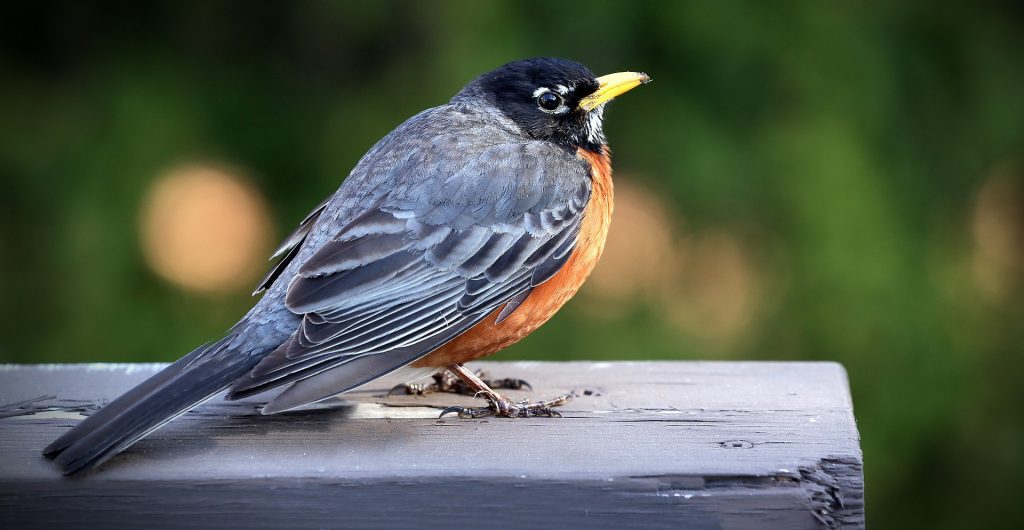 The noise pollution that comes from living in an urban area may be irritating to humans, but what about the animals that live nearby? Does noise have an impact on creatures that don’t have a voice of their own? As it turns out, new research says yes – specifically in the case of birds (“Noise pollution causes chronic stress in birds, hindering reproduction,” 2018).
The noise pollution that comes from living in an urban area may be irritating to humans, but what about the animals that live nearby? Does noise have an impact on creatures that don’t have a voice of their own? As it turns out, new research says yes – specifically in the case of birds (“Noise pollution causes chronic stress in birds, hindering reproduction,” 2018).
“In what we consider to be the most integrated study of the effects of noise pollution on birds to date, we found that it can significantly impact both their stress hormones and their fitness,” said Nathan Kleist, the lead author of a study citing these findings. “Surprisingly, we also found that the species we assumed to be most tolerant to noise had the most negative effects.”
Along with researchers from California Polytechnic State University and the Florida Museum of Natural History, Kleist worked on the study to learn how human activity was potentially causing harm to wildlife.
To conduct their research, the team looked at three species of cavity nesting birds – western and mountain bluebirds, and ash-throated flycatchers. They created 240 nest boxes on 12 pairs of sites, and observed the birds for three breeding seasons. Over the course of the study, they took blood samples from adult females and their offspring to gauge hatching success, nestling body size, and feather length.
In the end, they found that birds nesting in areas with more noise had lower baseline levels of the hormone, corticosterone.
“You might assume this means they are not stressed,” said co-author Christopher Lowry, a stress physiologist. “But what we are learning from both human and rodent research is that, with inescapable stressors, including post-traumatic stress disorder in humans, stress hormones are often chronically low.”
Kleist specifically found that the nestlings had a hair-trigger response to the acute stress of being held for 10 minutes, producing more stress hormones than their counterparts.
“Whether stress hormone levels are high or low, any kind of dysregulation can be bad for a species,” said senior author Clinton Francis, an assistant professor of biological sciences at Cal Poly. “In this study, we were able to demonstrate that dysregulation due to noise has reproductive consequences.”
So what can humans do to reduce noise pollution?
Turning off electronics when they are not in use can help. Soundproofing loud spaces through simple means, such as rugs or furniture, can also be beneficial (“5 Ways to Reduce Noise Pollution,” 2014). In the end, it will take a joint effort from humans to make a dent in the fight against noise pollution.
References
Ewald, Jonathan. “5 Ways to Reduce Noise Pollution.” Retrieved January 16, 2018, from https://lifeandhealth.org/readandwatch/live/reducing-noise-pollution/1736.html.
Kleist, Nathan. “Chronic anthropogenic noise disrupts glucocorticoid signaling and has multiple effects on fitness in an avian community.” Retrieved January 16, 2018, from http://www.pnas.org/content/early/2018/01/03/1709200115.full.
Marshall, Lisa. “Noise pollution causes chronic stress in birds, hindering reproduction.” Retrieved January 16, 2018, from https://www.colorado.edu/today/2018/01/09/noise-pollution-causes-chronic-stress-birds-hindering-reproduction.
